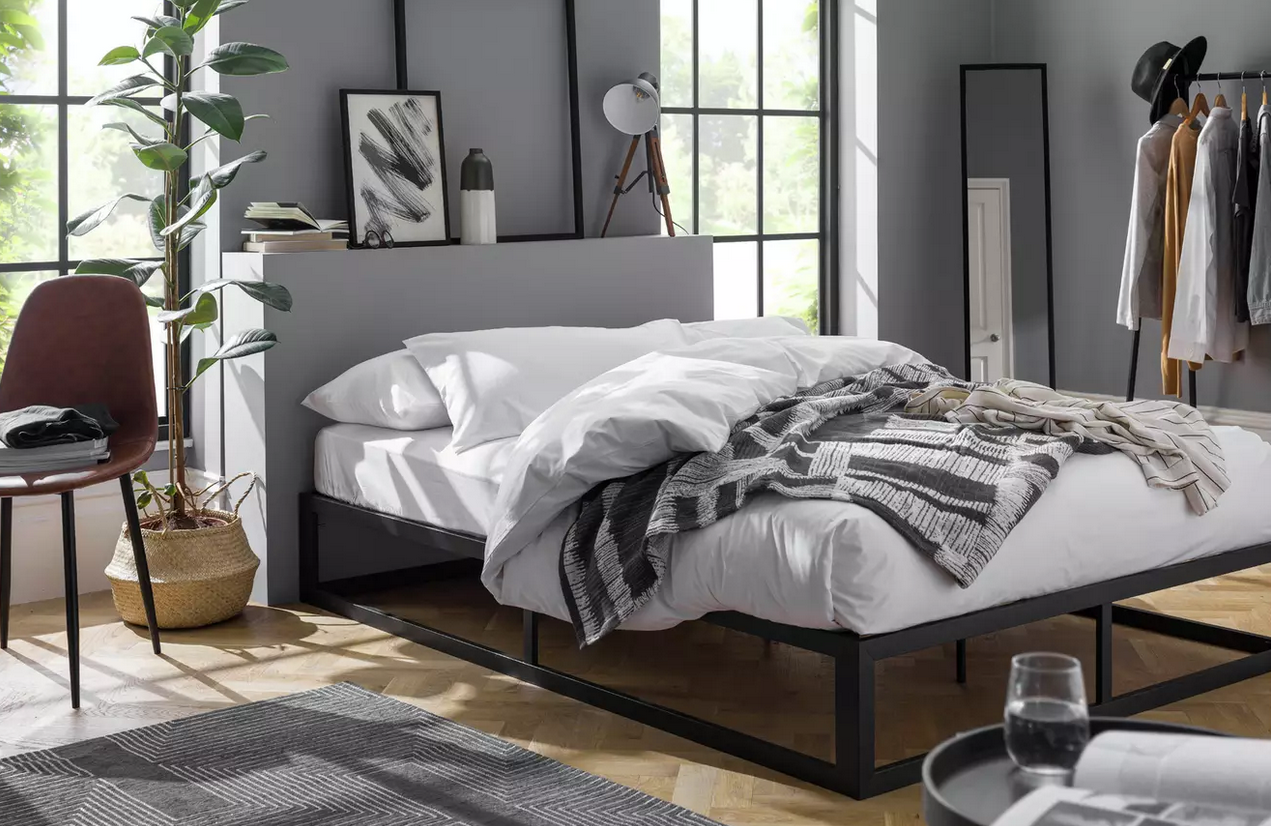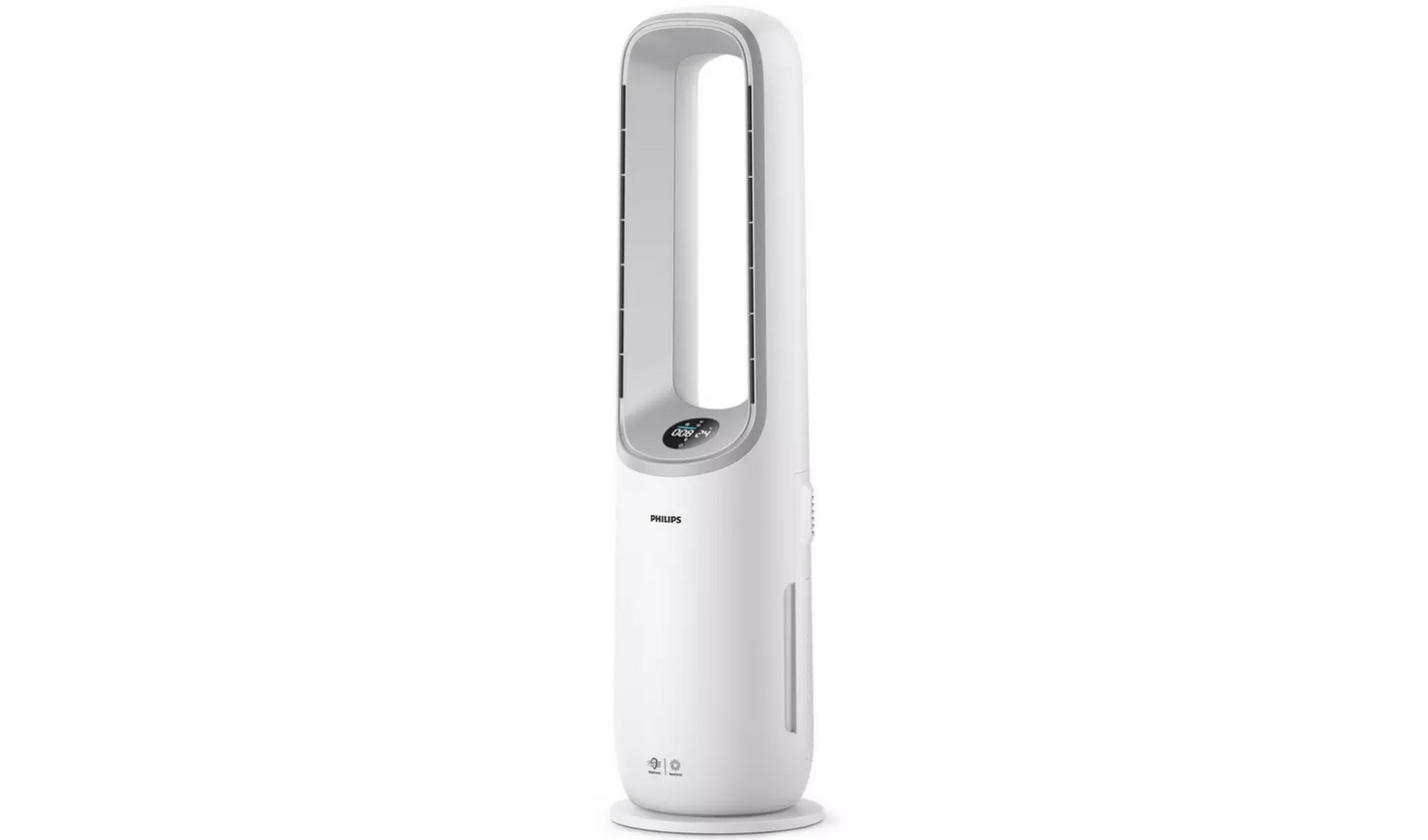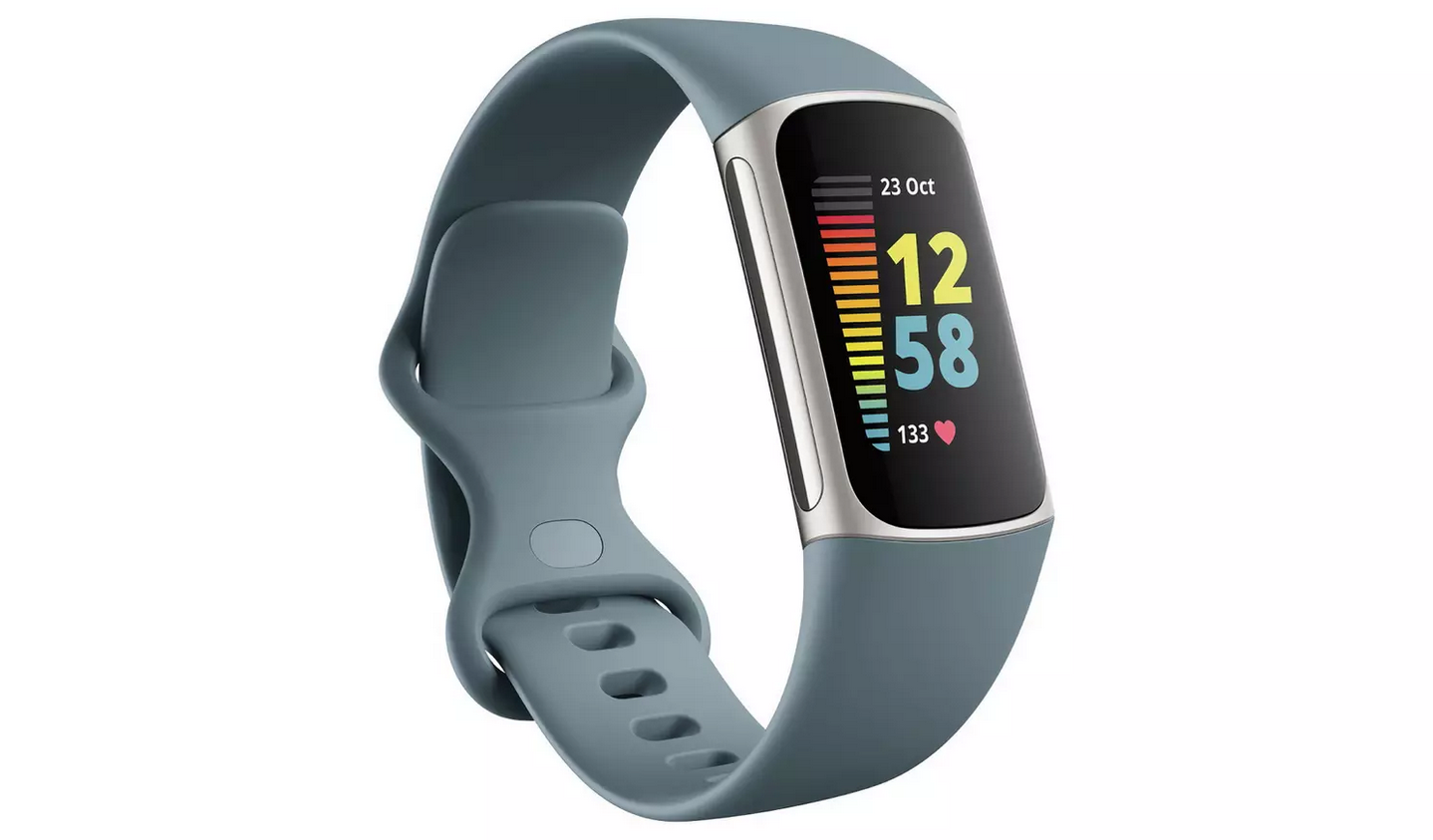
Getting a good night's sleep is essential for overall health and well-being. While traditional tips such as avoiding certain foods, reducing screen time, and going to bed early can help, technology can also play a significant role in improving the quality of your sleep.
White noise machines
One piece of tech that can aid in sleep is a white noise machine. These machines produce a consistent sound that can help mask other distracting noises in your environment and improve sleep quality. White noise machines are particularly effective in drowning out background noise, such as traffic, noisy neighbours, or snoring partners. Additionally, if you suffer from tinnitus, a white noise machine can help mask the ringing sound and make it easier to fall asleep. As an alternative, you can try playing white noise sounds through a smartphone or speaker.
Smart bulbs
Another useful tool is a smart bulb. Smart bulbs can adjust their brightness and colour temperature to mimic natural light, which can help regulate your body's circadian rhythm. This can make it easier to fall asleep at night and wake up in the morning feeling refreshed. Smart bulbs can be programmed to gradually dim in the evening to promote relaxation and to gradually brighten in the morning to simulate a natural sunrise. They can also be controlled through a smartphone app, voice commands, or a smart home assistant, making it easy to adjust the lighting in your bedroom without getting out of bed.
Air purifiers
Air purifiers can also have a positive impact on your sleep quality. They can remove allergens and pollutants from the air, creating a peaceful and relaxing environment that is conducive to sleep. Some air purifiers even have additional features such as aromatherapy that can promote relaxation and reduce snoring by improving air quality and reducing congestion. You can view our air purifiers here.

Sleep tracking devices
Sleep tracking devices can be useful tools for understanding your sleep patterns and identifying areas for improvement. They can help identify sleep problems such as snoring and restless leg syndrome, monitor sleep patterns, set goals for improving sleep, create a sleep routine, and monitor the effect of lifestyle changes on sleep quality. Some devices can also provide insights into sleep stages and the amount of time spent in each stage, allowing for a better understanding of the quality of sleep. You can browse all fitness and activity trackers here.

Other factors to consider
While technology can be a useful aid in improving sleep quality, it's important to remember that it's not a magic solution. Other lifestyle factors such as regular exercise, a healthy diet, and stress management can also have a significant impact on sleep quality. It's essential to take a holistic approach to sleep hygiene and utilise technology as one tool in a comprehensive sleep routine.
In addition to technology, creating a comfortable sleep environment is also important for quality sleep. Investing in a comfortable mattress, pillows, and bedding can make a significant difference in how well you sleep. Sleeping in a cool, dark, and quiet room can also help promote relaxation and better sleep.
Finally, establishing a consistent sleep routine is key to improving sleep quality. Going to bed and waking up at the same time every day can help regulate your body's natural sleep-wake cycle, making it easier to fall asleep at night and wake up in the morning feeling refreshed.
To conclude
In conclusion, technology can play a significant role in improving sleep quality. All these devices are useful tools that can aid in creating a peaceful and relaxing sleep environment. However, it's important to remember that technology is not a magic solution and should be used alongside other lifestyle factors for great sleep routine. By taking an open approach to sleep and utilising technology, you can improve the quality of your sleep and enhance your overall health and well-being.